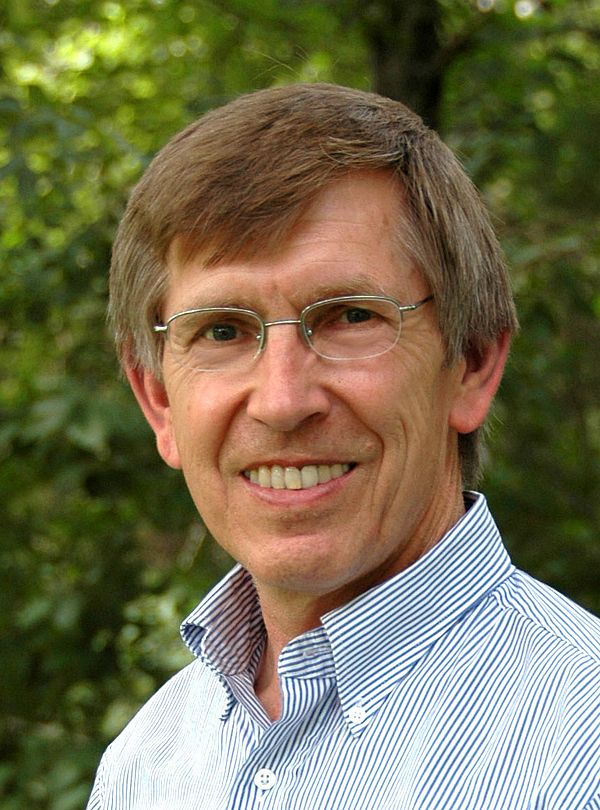
The Dark Side of Light Pollution
The Dark Side of Light Pollution
Speaker: J. Kelly Beatty, DarkSky Massachusetts
Summary
Light pollution has become a pervasive and ugly consequence of our 24/7 society. Few of us can enjoy a star-spangled night sky any longer, thanks to the glowing pall caused by all the lights that line roadways, parking lots, and backyards. More ominously, a growing body of research finds that excessive light at night disrupts nocturnal ecosystems, sometimes dramatically. It can also inhibit the production of melatonin, a compound produced as we sleep—and only in darkness— that seems to play multiple roles in maintaining general human health. The situation has not been helped by the widespread rollout of light-emitting diodes, or LEDs.
Fortunately, the spread of light pollution can be halted and even reversed. Join us as Kelly discusses how we can safely light up our homes, businesses, and communities without wasting energy, disturbing the neighbors, or creating an unhealthy environment for humans and wildlife.
 Speaker Biography
Speaker Biography
Kelly Beatty has been explaining the science and wonder of astronomy to the public since 1974, when he joined the staff of Sky & Telescope. After 43 years of pounding the keyboard, he retired from full-time work in early 2018 but remains actively involved in many S&T articles, tours, and other projects. An award-winning writer and communicator, he holds a Bachelors degree from the California Institute of Technology and a Master’s degree in science journalism from Boston University. Kelly has been active in efforts to reduce light pollution for more than 30 years. He served for more than a decade on the Board of Directors for the International Dark-sky Association (darksky.org) and is now an officer with DarkSky’s Massachusetts chapter.





